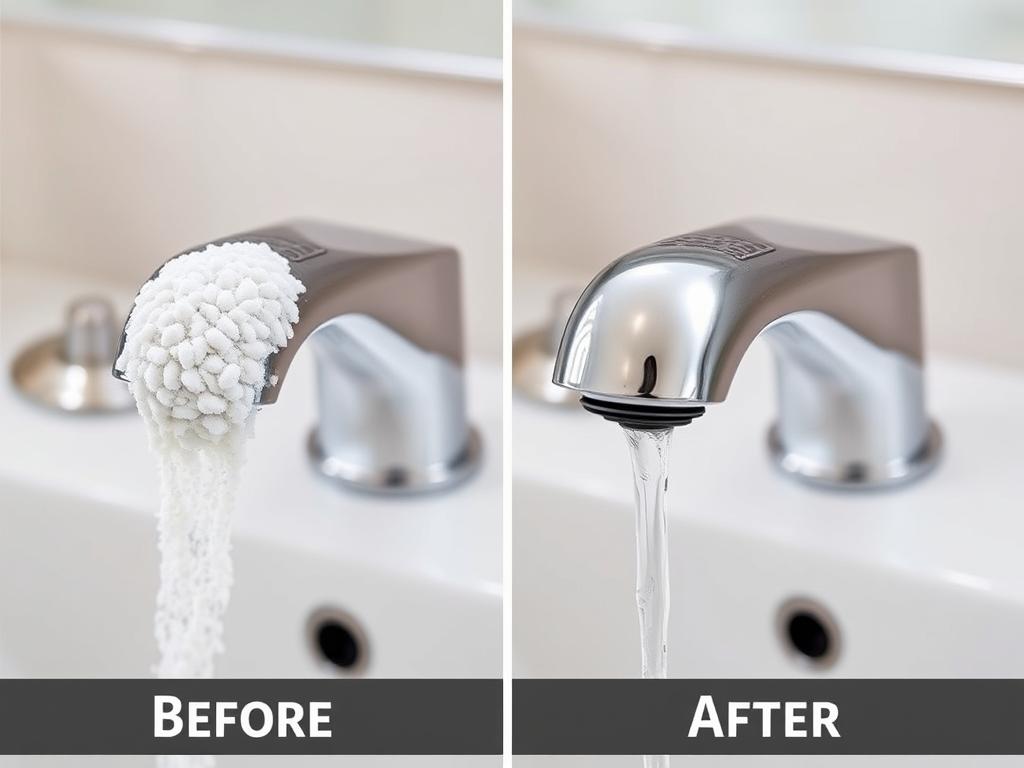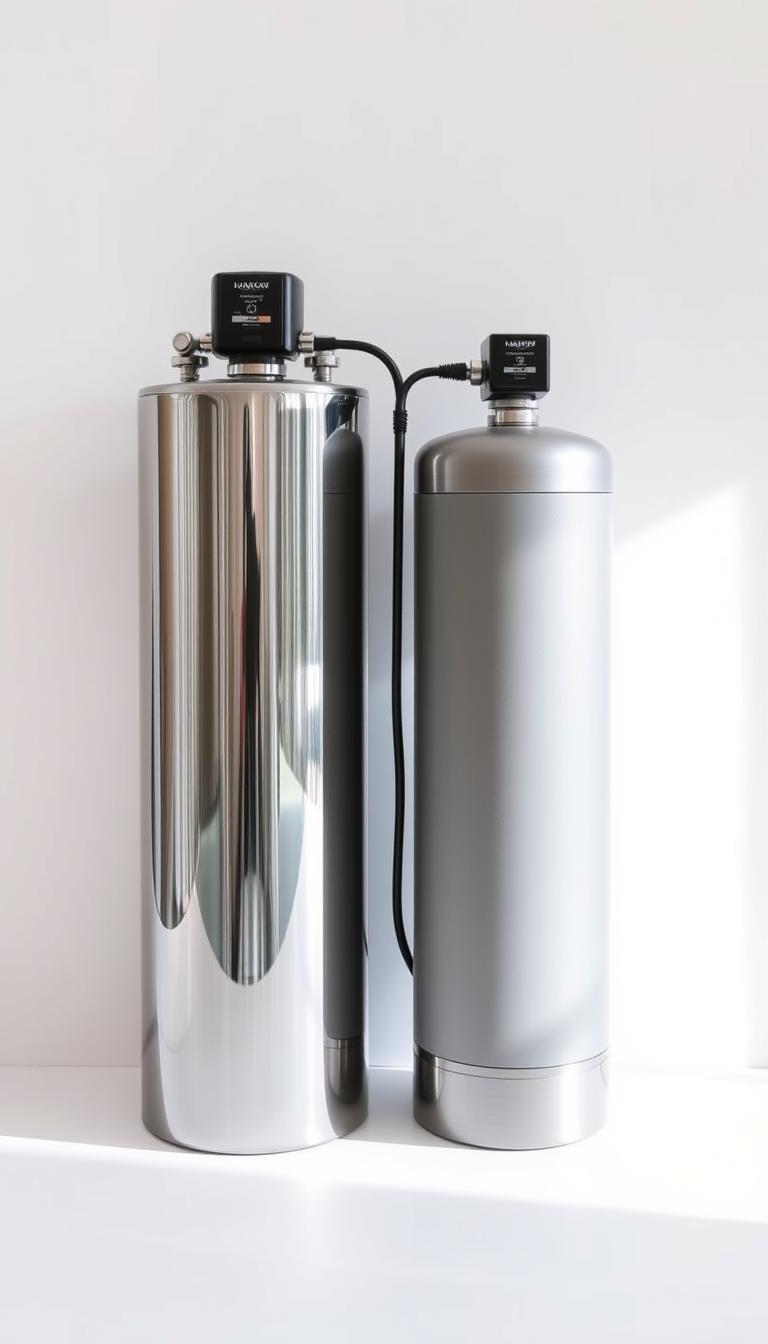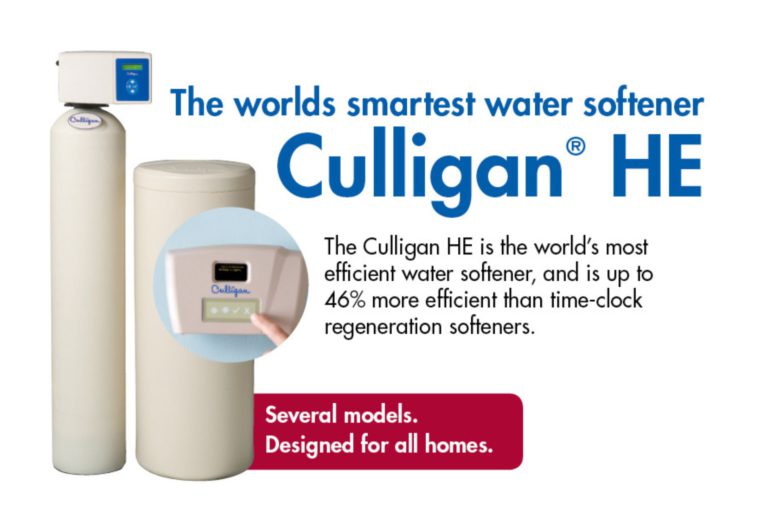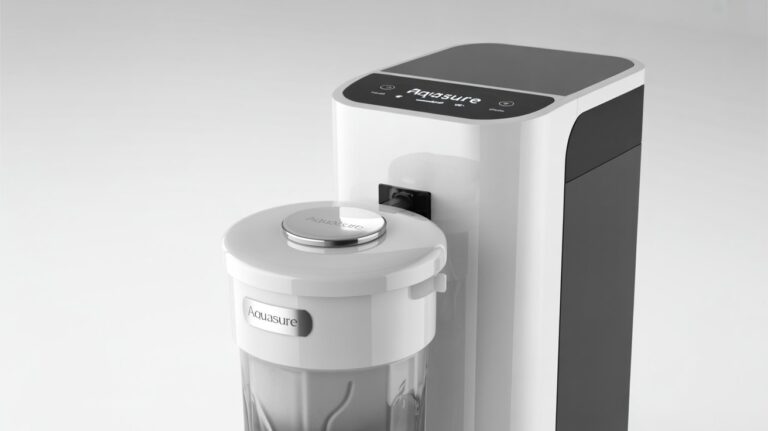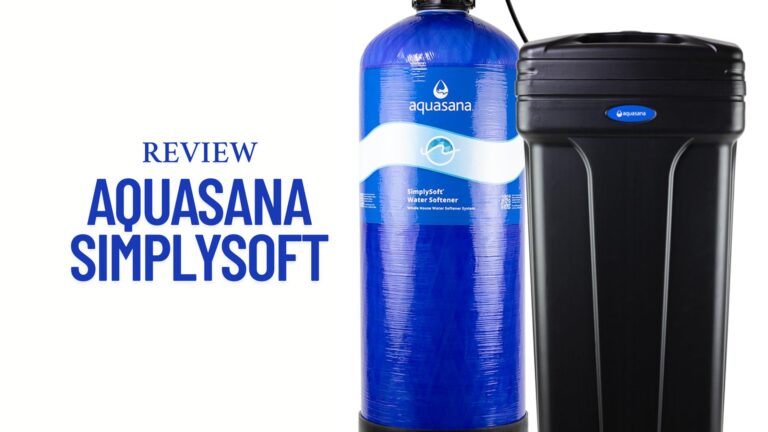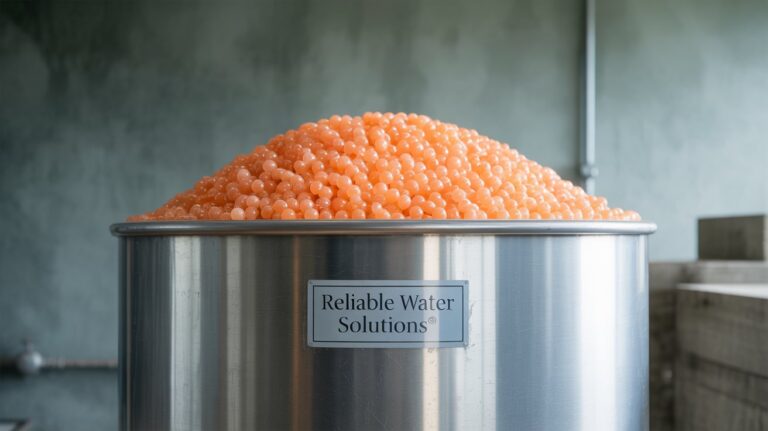How a Home Water Softener System Transformed These Households: Real-Life Water Quality Improvements
Case Study 1: The Perez Family Eliminates Limescale in Arizona
The Perez family in Phoenix, Arizona, had been battling extreme hard water for years. With water hardness levels exceeding 15 grains per gallon (gpg), they experienced severe limescale buildup on faucets, showerheads, and appliances. Their dishwasher required descaling treatments every month, and the heating element in their water heater had already been replaced twice in five years.
“We were constantly scrubbing white residue off everything,” explains Maria Perez. “Our coffee maker would stop working every few months, and our shower doors were permanently cloudy despite regular cleaning. We were spending hundreds of dollars on cleaning products and appliance repairs.”
After researching solutions, the Perez family installed a salt-based home water softener system. Within just two weeks, they noticed significant improvements. According to their testimonial on the Water Quality Association website, the transformation was remarkable.
“The difference was immediate and dramatic,” Maria shares. “No more white residue on faucets, our shower doors stay clear, and our appliances run more efficiently. Our most recent water heater inspection showed virtually no scale buildup, and our plumber estimated we’ve added years to its lifespan.”
Ready to protect your appliances from limescale damage?
A quality water softener system can extend the life of your water heater, dishwasher, coffee maker and other appliances by preventing mineral buildup.
Case Study 2: How Sarah Resolved Skin Irritation in Florida

Sarah Johnson from Tampa, Florida, had struggled with dry, itchy skin and brittle hair for years. Despite trying numerous moisturizers, conditioners, and even medicated creams, her skin problems persisted. After a dermatologist suggested that hard water might be contributing to her issues, Sarah began researching water quality solutions.
“I had no idea that the minerals in my water could be affecting my skin,” Sarah explains. “My dermatologist pointed out that hard water can leave soap residue on skin, which causes irritation and dryness. It can also strip natural oils from hair, making it brittle.”
Sarah installed a salt-free water softener system in her home six months ago. In a detailed Reddit post on r/SkincareAddiction, she documented her journey with before and after photos.
“Within three weeks of installing the water softener, my skin stopped feeling tight after showers. The persistent redness on my face began to fade, and I noticed I needed less moisturizer. By month two, my eczema flare-ups had reduced by about 80%, and my hair felt softer and more manageable. It’s been six months now, and I haven’t had a single major skin issue.”
Benefits Sarah Experienced:
- Significant reduction in skin dryness and irritation
- Decreased need for expensive skin products
- Softer, more manageable hair
- Reduced eczema flare-ups
- Less soap and shampoo needed for effective cleaning
Case Study 3: The Wilson Household Reduces Soap Scum and Plumbing Repairs in Michigan
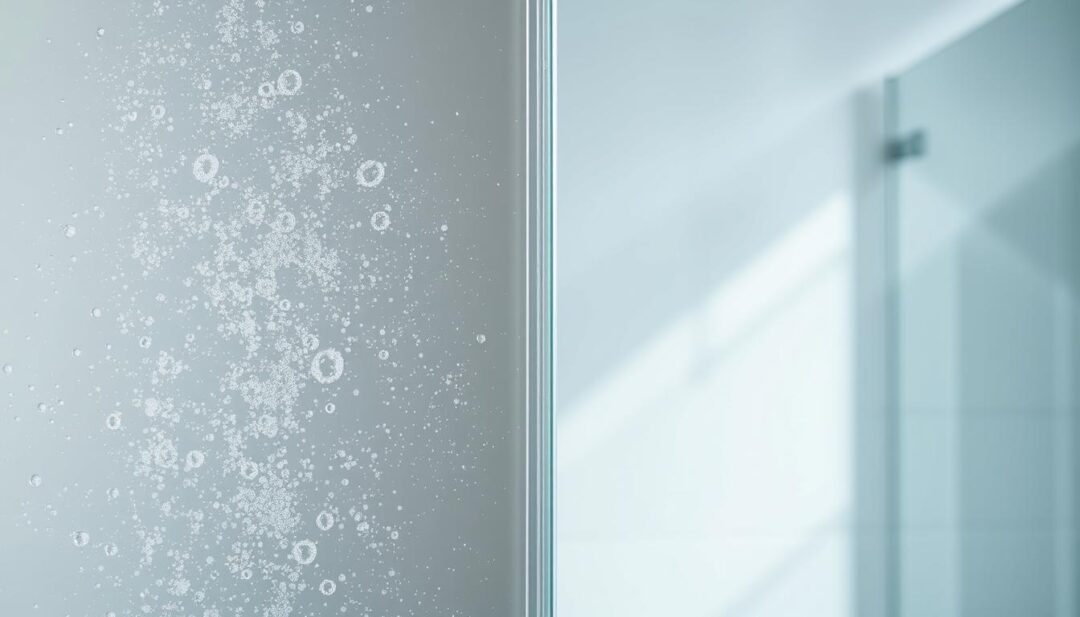
The Wilson family in Grand Rapids, Michigan, was facing recurring plumbing issues due to hard water with high mineral content. Their 15-year-old home had already required pipe replacements in two bathrooms, and they were constantly battling soap scum buildup in showers and sinks.
“We were spending at least an hour every weekend scrubbing the shower doors, and they never looked truly clean,” explains Tom Wilson. “Our water pressure was gradually decreasing, and our plumber warned us that mineral deposits were building up inside our pipes.”
After calculating the costs of ongoing plumbing repairs versus prevention, the Wilsons decided to invest in a dual-tank water softener system. Tom documented their experience in a YouTube video series that has helped many other homeowners make informed decisions about water treatment.
“The installation was straightforward, and the results have been incredible,” Tom reports. “Soap scum is virtually non-existent now. We use about 50% less detergent in our washing machine, and our clothes feel softer. Most importantly, our plumber confirmed during a recent inspection that our pipes are staying clear of mineral buildup.”
The Wilsons have calculated that their water softener will pay for itself within three years through savings on cleaning products, laundry detergent, and avoided plumbing repairs.
Extended Appliance Lifespan
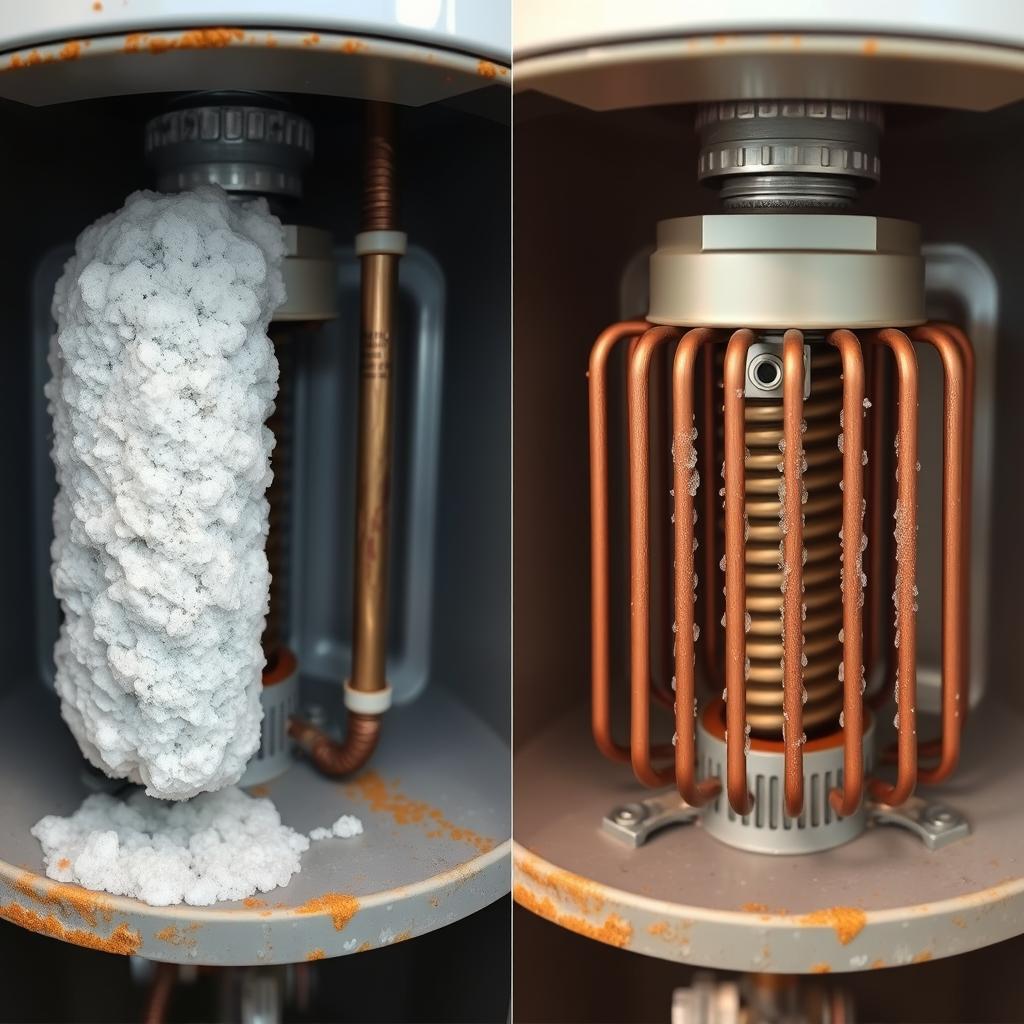
Hard water minerals build up inside appliances like water heaters, dishwashers, and coffee makers, reducing efficiency and shortening lifespan. A water softener prevents this buildup, potentially extending appliance life by 30-50% and maintaining energy efficiency.
Healthier Skin and Hair

Soft water allows soaps and shampoos to lather properly and rinse away completely, preventing the soap residue that can irritate skin and dull hair. Many users report significant improvements in skin conditions and hair texture after installing a water softener.
Reduced Cleaning Time and Products
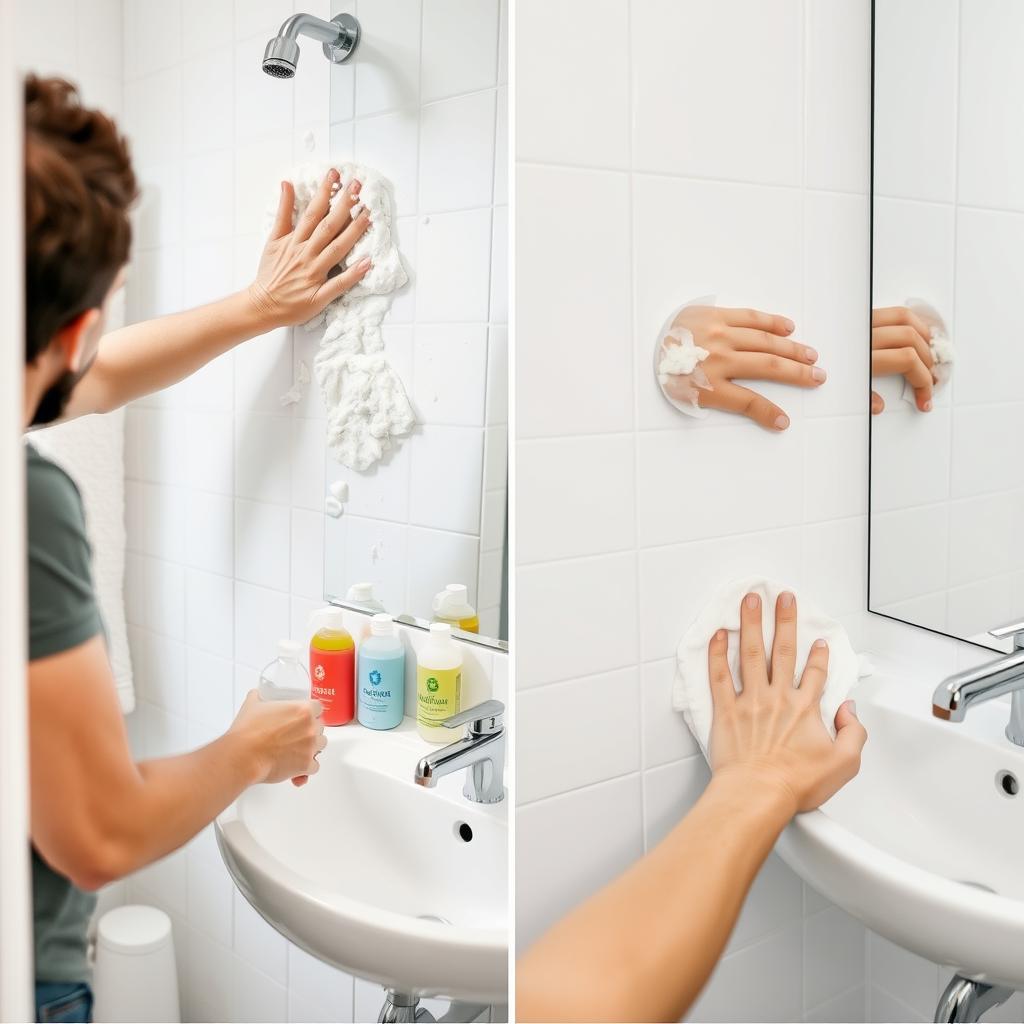
Without minerals to combine with soap and form scum, surfaces stay cleaner longer. Homeowners with water softeners typically spend less time cleaning and use fewer harsh chemicals, saving both time and money on cleaning supplies.
Lower Utility Bills
Scale buildup in water heaters and pipes forces appliances to work harder and use more energy. Studies show that water heaters operating with soft water maintain up to 22% better efficiency compared to those running on hard water, resulting in noticeable energy savings.
Brighter, Softer Laundry
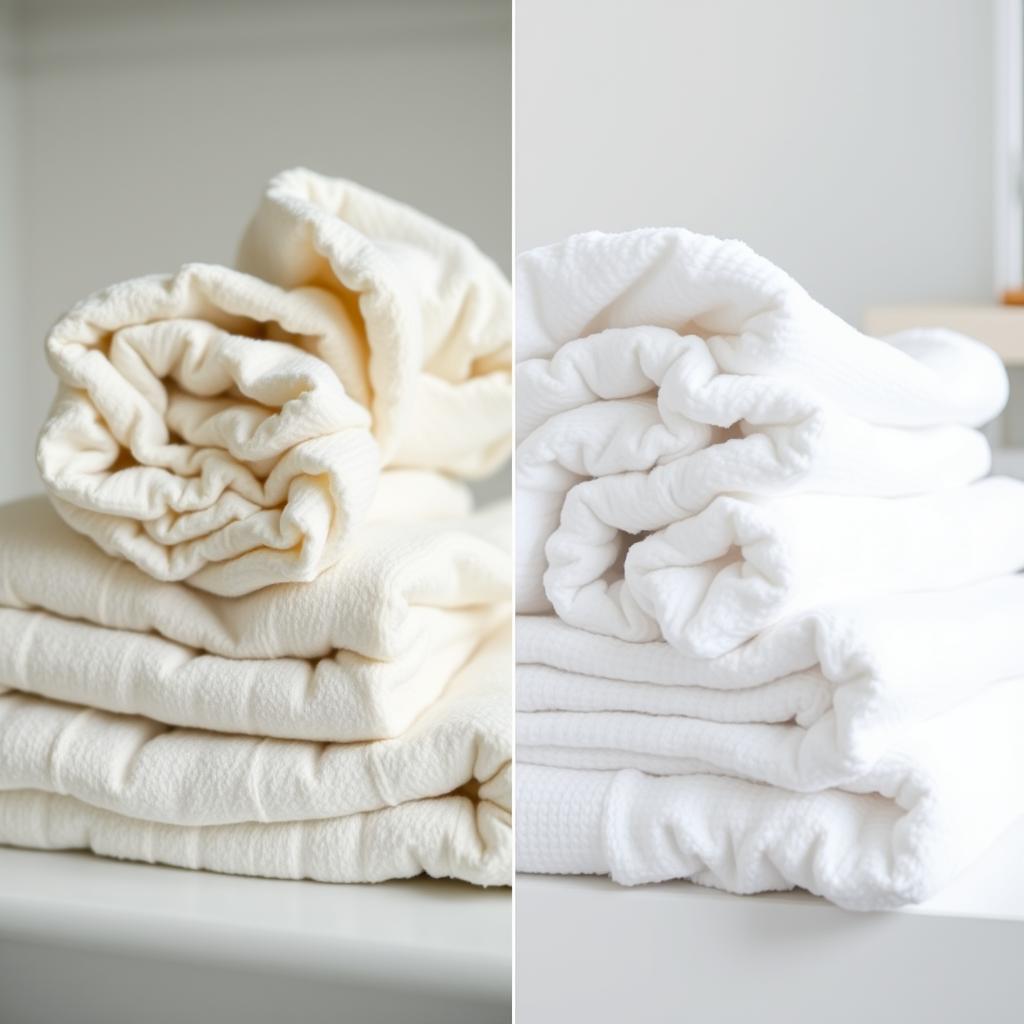
Hard water minerals can become trapped in fabric fibers, making clothes feel stiff and look dull over time. Soft water allows detergent to work more effectively, resulting in brighter colors, softer fabrics, and extended clothing life. Many households report using 50-75% less detergent after installing a water softener.
Preserved Plumbing System
Perhaps the most significant long-term benefit is protecting your home’s plumbing infrastructure. Soft water prevents scale buildup in pipes, fixtures, and water-using appliances, potentially saving thousands in repair and replacement costs over your home’s lifetime.
Is a Water Softener Right for Your Home?
The case studies and benefits outlined above demonstrate the significant impact a home water softener system can have on everyday life. From protecting expensive appliances and plumbing to improving skin health and reducing cleaning time, the advantages extend far beyond simply eliminating spots on glassware.
While the initial investment in a quality water softener system ranges from $500 to $2,500 depending on size and features, most homeowners find that the system pays for itself through reduced repair costs, lower utility bills, and savings on cleaning products and detergents. Many report that the improvement in quality of life—from softer skin to cleaner fixtures—makes the investment worthwhile regardless of financial considerations.
If you’re experiencing any of the common signs of hard water—spotty dishes, scale buildup, dry skin after showering, or frequent appliance repairs—a water softener could be the solution you’ve been looking for.
Improve your water quality today
Join thousands of homeowners who have transformed their water quality and protected their homes with a reliable water softener system.
Remember that water hardness varies significantly by region, so the ideal system for your home will depend on your specific water conditions and household size. Many suppliers offer water testing services to help you determine the right solution for your needs.
Frequently Asked Questions About Home Water Softener Systems
How do I know if I need a water softener?
Common signs of hard water include white spots on dishes and fixtures, scale buildup on faucets and showerheads, dry skin and hair after washing, reduced water pressure, and frequent appliance breakdowns. You can also purchase an inexpensive water hardness test kit to measure your water’s mineral content.
What’s the difference between salt-based and salt-free water softeners?
Salt-based systems use ion exchange to remove hardness minerals from water, replacing them with sodium ions. Salt-free systems (also called water conditioners) use template assisted crystallization to change the structure of minerals so they don’t stick to surfaces. Salt-based systems truly “soften” water by removing minerals, while salt-free systems prevent scale without removing minerals.
How much maintenance does a water softener require?
Salt-based systems require regular salt replenishment (typically every 4-8 weeks depending on water usage and hardness). The resin bed should be cleaned about once a year with a resin cleaner. Salt-free systems require minimal maintenance, usually just annual filter replacements. Most modern systems have indicators to let you know when maintenance is needed.

